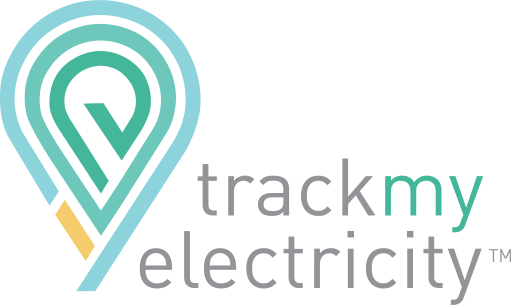Project Details and Updates
Through electrification and water supply systems, the aims of the project were to contribute to combatting a lack of electricity and clean water, reducing diseases and enhancing health and education conditions.
For this purpose, specific benefits of the solar power plant installed in the health centre included:
- interior lighting (improving the quality of care during the day, continuity of care at night),
- a computer and a printer (allowing more efficient management of patient files, monitoring of pathologies and care),
- exterior lighting (securing access to the centre at night),
- a kiosk to charge phones, which will help finance maintenance via a payment system.
The water supply system was for:
- One for the village, primary school and middle school including a solar pumping device with tank and standpipes
- One dedicated to the health centre including a collection device with gravity flow, a tap in the treatment room and a fountain
Commencement of work
All missions being suspended due to the covid 19 pandemic, the project team had to launch new calls for works with new and more detailed specifications, including indoor electrification. They also had to re-organize themselves to remotely follow up the works and ensure that the work would be carried out successfully.
In June 2021, despite the travel restrictions related to the covid-19 pandemic, both internationally and locally in Madagascar, electrification work could begin, followed by water supply works shortly after.
Outcomes of work
The conditions of access to care for the 4,200 users of the Alamarina health centre have been improved thanks to the electrification of this centre. Indeed, the centre can now provide better quality care during the day, as the rooms are quite dark, and ensure the continuity of care at night whenever necessary. The surrounding movements are also safer thanks to outdoor lighting. The nursing staff also have access to a computer and a printer to facilitate the follow-up of their patients.
Regarding the water supply, the system installed next to the health centre was implemented in July. Furthermore, as the water source close to the middle- and primary school identified in a 2018 hydrogeological study turned out to be dry at the beginning of the summer, it was necessary to select another source located a little further away. This is one of the many consequences of the current drought in Madagascar.
All the work, carried out by the company Abecco, was completed in September 2021. Abecco also trained one dedicated person to the maintenance activities. All the works were inspected by the Ministry of Water of Fianarantsoa and a third-party company, with remote support from the team of Electriciens sans frontières.
Ultimately, the project has benefitted the 4,200 users of the health centre, including the 500 inhabitants of the village and 350 pupils of the local schools.
About Electriciens sans frontières
Electriciens sans frontières, French international NGO and registered charity, has been fighting against inequalities of access to electricity and water throughout the world since 1986. With the support of 1300 volunteers and through partnerships with local actors and using renewable energies, they make access to electricity a lever for human and economic development.
Read more about Electriciens sans frontières.


